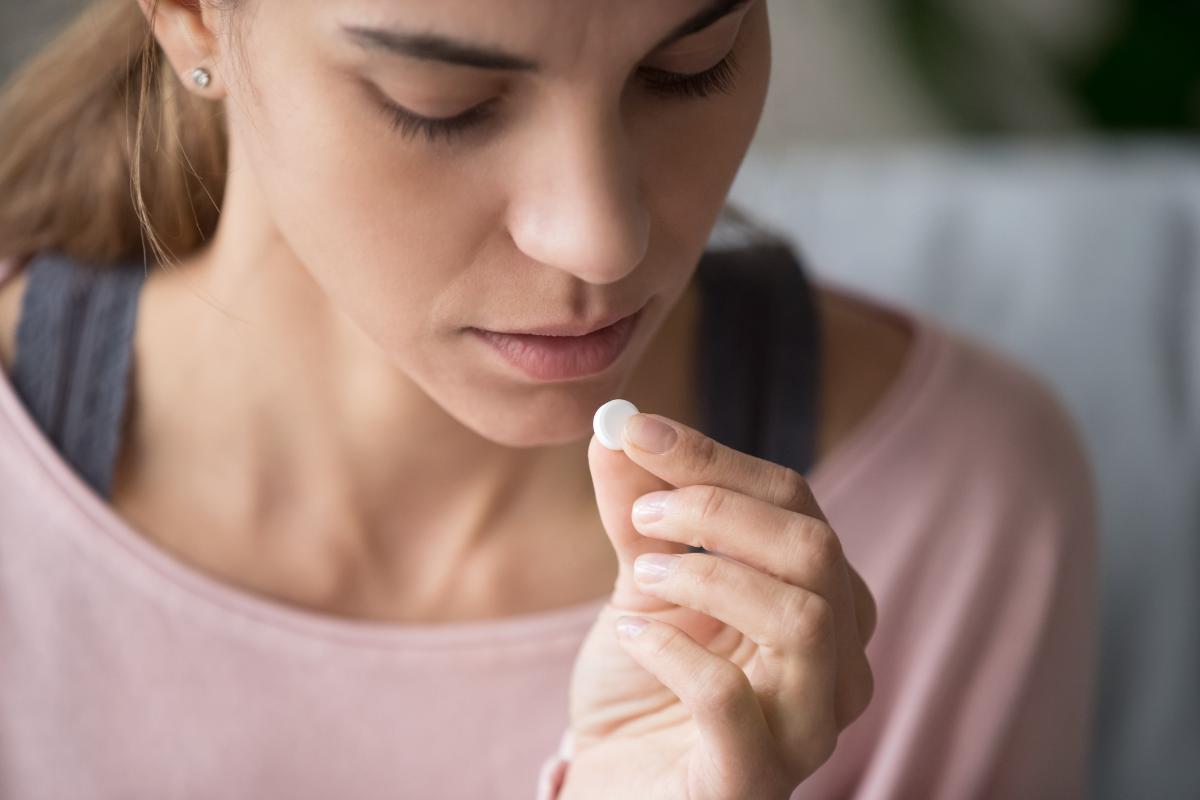Millions of Americans take prescription painkillers to manage their pain. This leaves millions at risk of becoming addicted. Prescription painkillers are one of the most addictive substances out there. What begins as a treating pain often results in full-fledged painkiller addiction. If you are worried about becoming addicted to prescription painkillers, there are less addictive alternatives out there.
If you or a loved one is struggling with prescription painkillers, Women’s Recovery can help with our women’s painkiller addiction treatment program. If you are looking for alternatives to painkillers, we can provide you with information and advice to prevent prescription painkiller addiction. Call us today at 833.754.0554, and we can help you explore possible painkiller alternatives.
Alternative Medicine as a Painkiller Alternative
Painkillers are strong and sometimes even deadly. Natural alternatives to painkillers make for safer choices. There are several herbal painkiller options to consider:
- Essential oils and aromatic plant extracts may help relieve certain forms of pain. Eucalyptus, lavender, peppermint, and rosemary plant oils are mainly known to reduce pain.
- Capsaicin, a chemical found in chili peppers, can help with pain relief, mainly when applied topically as a cream.
- Ginger root can help with pain and inflammation because it contains the potent anti-inflammatory compounds gingerol and zingerone.
- Turmeric, a yellow spice often used in Indian cuisine, assists with pain by reducing inflammation.
- Cloves can help with physical pain because they contain eugenol, a natural anesthetic.
- Cinnamon contains anti-inflammatory properties.
- Feverfew helps physical pain because it is an anti-inflammatory.
These are only some of the herbal painkiller options available. You can also discuss these and other options with a doctor specializing in pain management.
Other Physical Remedies
In addition to ingesting alternative and natural painkillers, there are other alternative roads you can take to reduce pain:
- Acupuncture, a traditional Chinese technique, can potentially ease both acute and chronic pain
- Acupressure, similar to acupuncture but without needles, can also help reduce pain.
- Massage therapy can relax muscles and ease tension.
- Yoga, a practice that combines coordinated movement and breathing with a meditative state of mind, can help relieve pain and anxiety.
- Meditation pushes you to focus on what is happening in the present. Doing so may help you cope with chronic pain. Meditation may also improve your general mood and quality of life.
What Is the Strongest Natural Painkiller?
What is the best or strongest natural way to numb your pain as you try to avoid addictive prescription painkillers? Unfortunately, there is no definitive answer to this question. The best way to determine what will work for you is to experiment with different options until you find the one (or ones) that gives you the most relief. Talking to a professional can help you determine what is best for you and your unique situation.
The bottom line is that many options are available to help you deal with pain without turning to addictive and dangerous prescription painkillers. Women’s Recovery can help you explore these options and find the one that works best for you.
Learn More About Painkiller Alternatives at Women’s Recovery
For more information on alternative painkillers, talk to the professionals at Women’s Recovery. We understand the risks that come with prescription painkillers. We are here to offer guidance and support as you seek out a safer pain management solution. Call Women’s Recovery today at 833.754.0554 for more information.
If you’re already affected by painkiller abuse or addiction, Women’s Recovery can help you get on the road to recovery. We feature a comprehensive program dedicated to treating these issues. Our individualized approach means you’ll receive care that fits your needs. Our women-centered approach will support your sobriety journey no matter the specific source of your problems. Reach out today.







